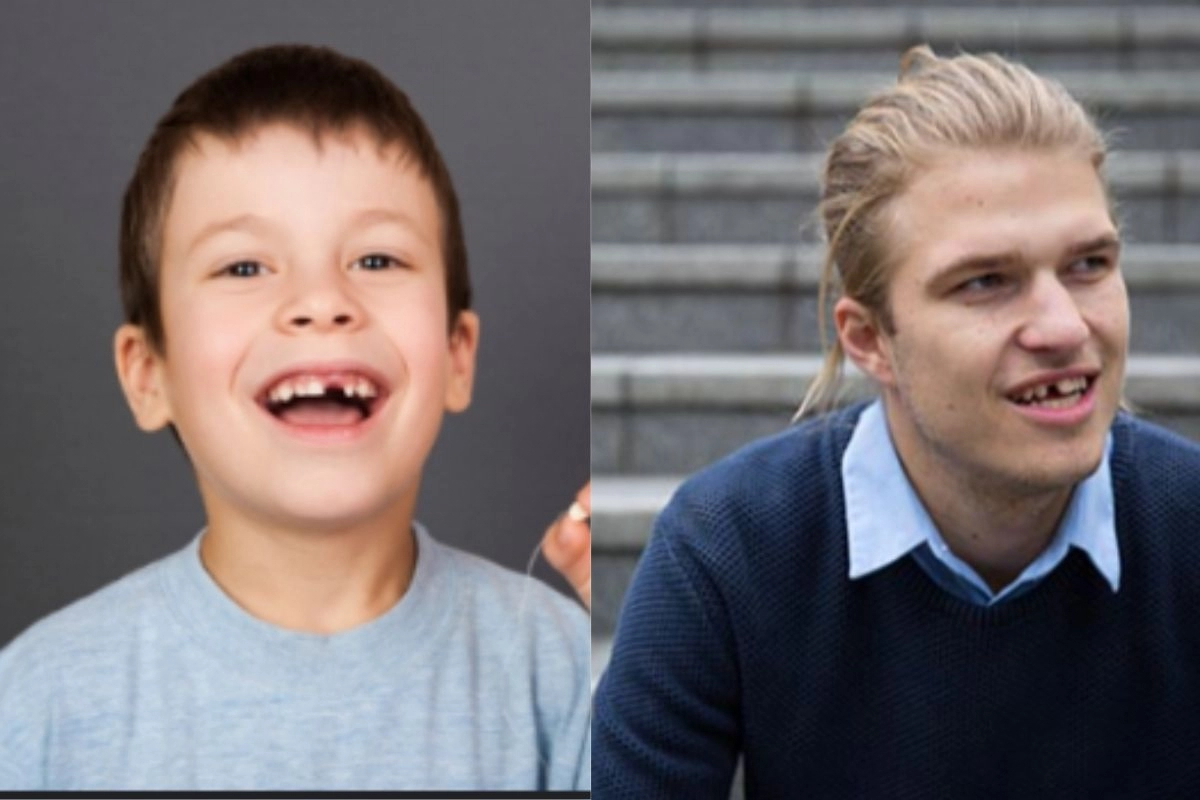Human Teeth: Children’s teeth grow back after falling out, whereas adults’ do not, because of the different biological procedures their teeth undergo in terms of growth and replacement.
Here Are The Reasons
Milk Teeth and Permanent Teeth: Throughout their lifetime, there are usually two sets of teeth that one has during their lifetime. The first one would be the primary set, more colloquially known as the milk teeth. These get replaced by permanent teeth. This starts when the child is about 6 years old and goes on till the age of 12 or 13. If a milk tooth of a child falls, it grows back as a permanent tooth at the exact place.
Development of Teeth: Teeth development is the process involving phases of growth and replacement. When it comes to children, the milk teeth work as guides for permanent teeth eruption. This milk teeth transition is just part of the naturals of dental development. When a milk tooth falls, the permanent tooth that was developing below the jawbone comes up in its place.
Adult Teeth and Replacement: Unlike children, adults don’t have a second line of teeth coming into place when they lose the first ones. Once teeth develop into adulthood, there aren’t any other teeth forming within the jawbone to replace those which are lost. That is why adults should be all the more responsible towards the care of their teeth and seek dental solutions, such as implants or bridges, when they lose a tooth.
Neoteny and Dental Development: This concept of neoteny, persistence of juvenile characters until adult stages, does not apply to human dental development. Many animal species retain juvenile dental features, but humans have evolved to lose their milk teeth only to be replaced by a single set of teeth as adults.
Fundamental Differences in Dental Development
It also goes with dental health care practices. Teeth require constant care, and damage needs to be avoided to maintain their health into old age. Maintaining teeth is very important because once adults lose teeth, they usually have to revert to dental prosthetics since natural replacement will not occur.
Essentially, the reason children’s teeth can grow back and not those of adults is because of some fundamental differences in dental development and evolutionary changes. The teeth of children will be replaced by the second set, while that of adults is their only set that calls for preservation and care.
